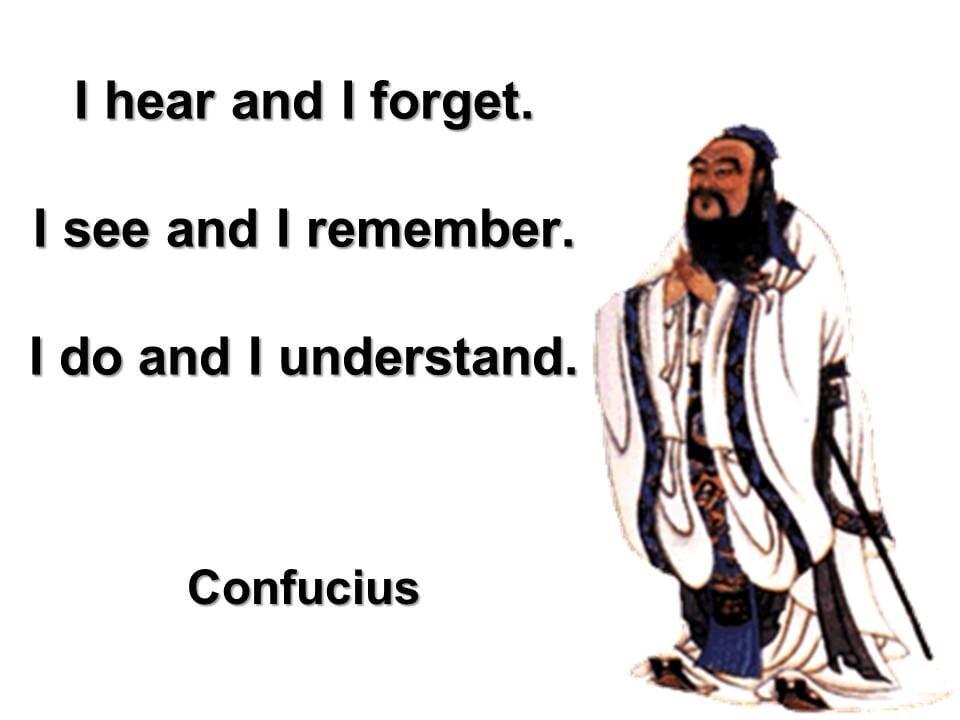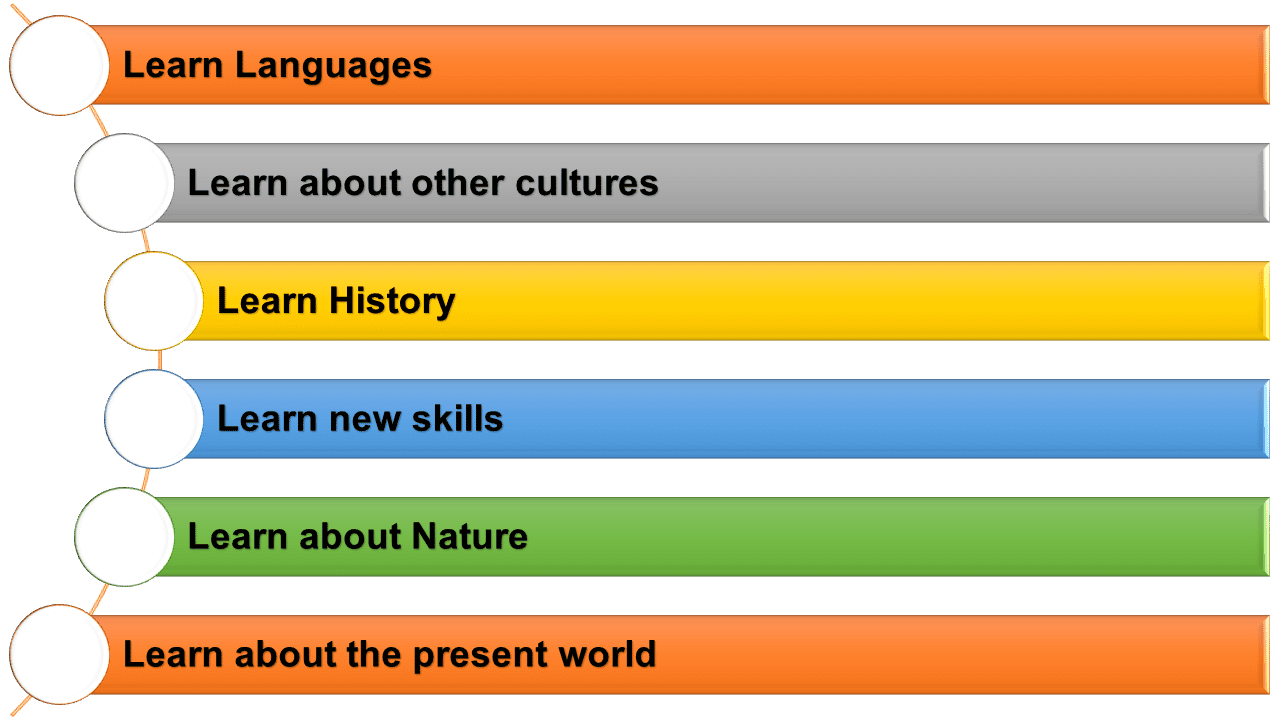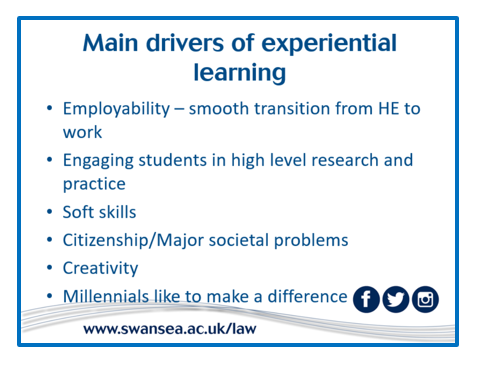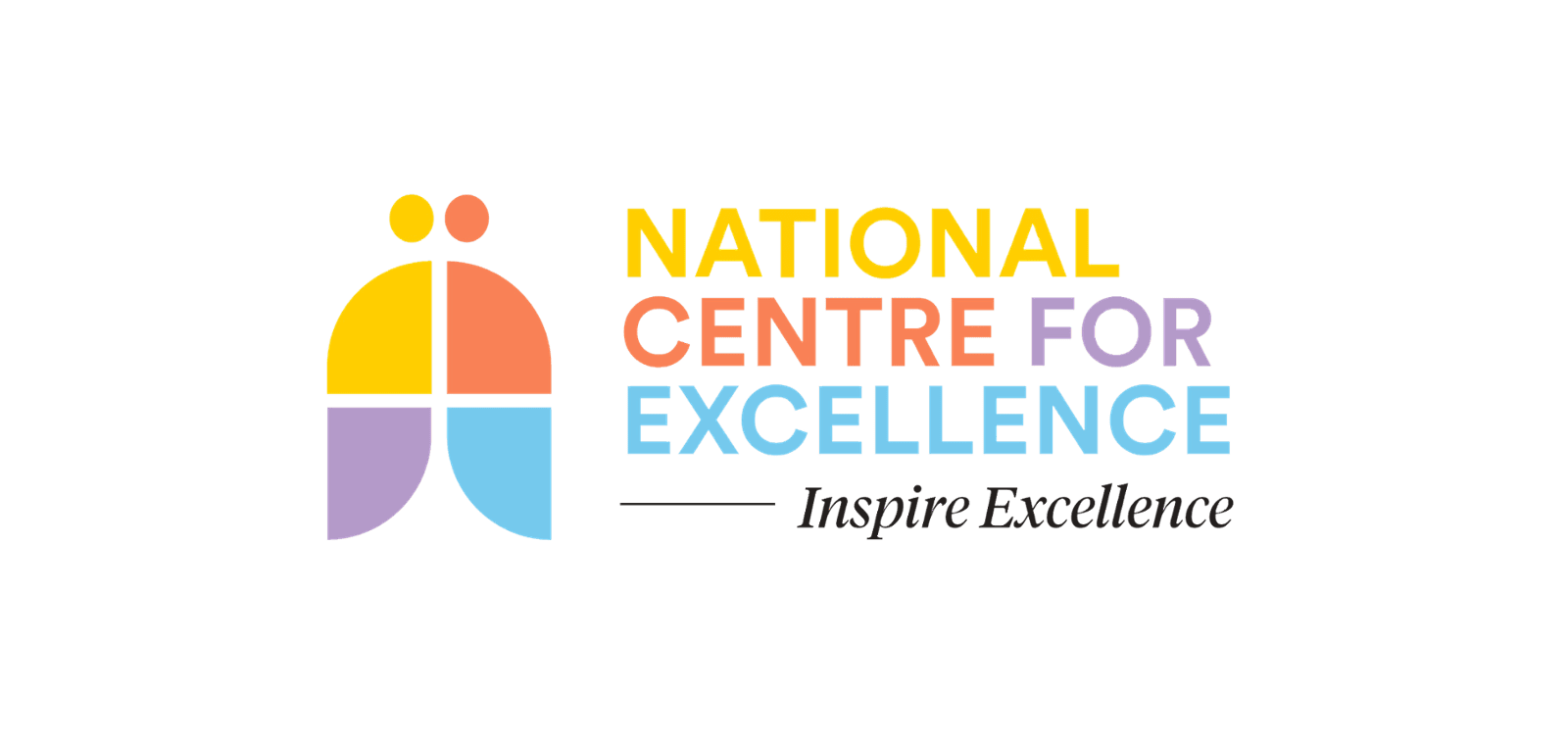Decoding the NEP for Parents 2.0.3
Dear NCFE Community
Buzz around NEP 2020 and what’s in it for parents?
The NEP 2020 was released by the Union Cabinet on 29th July 2020. The purpose of the series of this newsletter is for parents to have an enhanced understanding of the NEP and engage in the education process of our students effectively.
What is the need for Experiential Learning? What does this mean? Why should I know this as a parent? How will this benefit my child?

A familiar image it is, though least practiced.
The image simply describes Experiential Learning!!
Parents being the first teachers have a wide opportunity of using experiential learning.
The term, ‘Experiential Learning’ may seem overwhelming and intimidating but let me simplify it for you.
A visit to the Super Market:

When you go to the supermarket with your child, you are providing an opportunity of experiential learning, Children understand the need for varied professions, learn to comprehend pricing and commodities, cost estimation, making lists and organising their thoughts, understanding priorities and what is important.
In ancient India, the immediate need of education was to prepare students for their actual needs of life Today, we have progressed onto – making our child ready for a future life. A future that is unknown!
Hence, the need is to prepare them with life skills and one of the means is through ‘Experiential Learning’.
Travelling and Education
“One must travel to learn.” – Mark Twain
Undoubtedly, travel is the best form of experiential learning and helps in the following ways:

Exposing students to activities in and around the house with engagement and purpose will add value beyond measure.
What’s in it for Schools?
Schools play a vital role in imbibing education through engaging experiences.
Experiential learning comprises of learning activities, both inside and outside the classroom that are designed to actively engage students to learn by doing , and then reflecting on the process and experience and actively creating their own understanding.

As an outcome of Experiential Learning, Learners will
- Increase their focus.
- Learn with increased interest and mindfulness.
- Increase learning skills of problem solving and creative thinking.
What’s NCFE Doing?
You will know a school is optimising ‘Experiential Learning’ when you fi nd engaging activities like:
- virtual field trips (in the present scenario)
- varied teaching – learning strategies like
- story telling
- debates and discussions
- peer activities
- group activities
- creative games
- service learning like thanksgiving week or week of kindness
- celebration of festivals and key national days
- exposure to clubs and co- scholastic activities
- Model United Nations
- Cultural and Sports competitions
- Environment friendly activities
- Role Plays
Our list of innovative ways of imparting education fails to fade as we progress dynamically in our field of educational services.
Serving you,
Ms. Sunalini Benjamin
Chief Operating Officer
VKGI- NCFE
